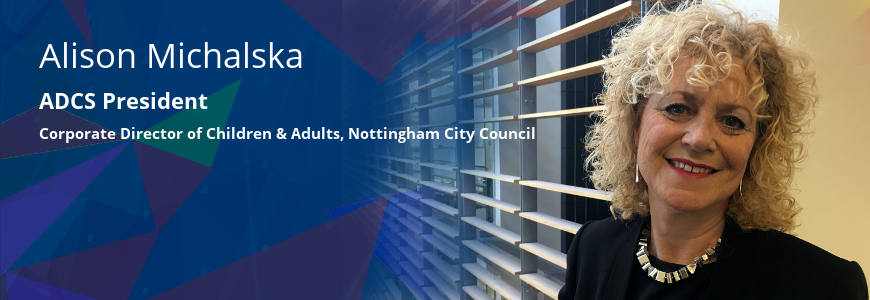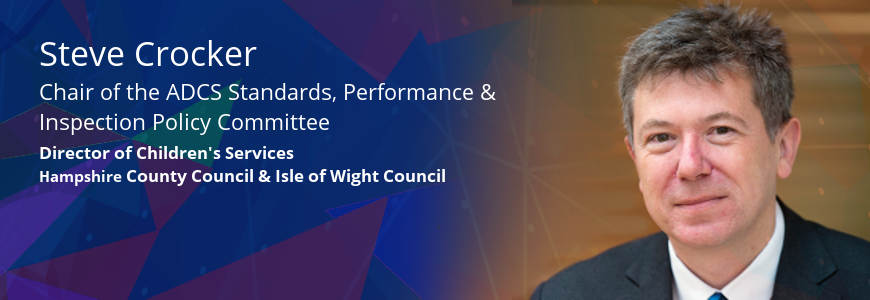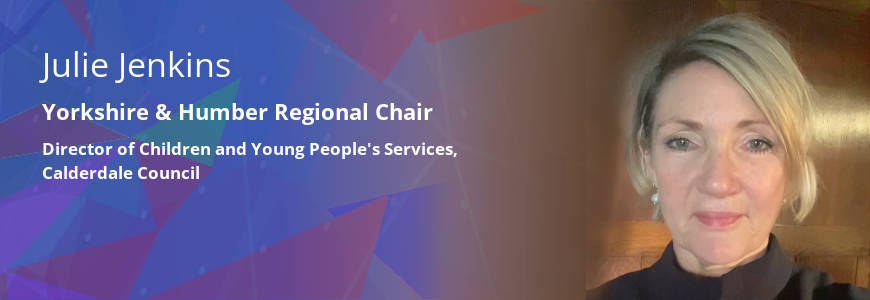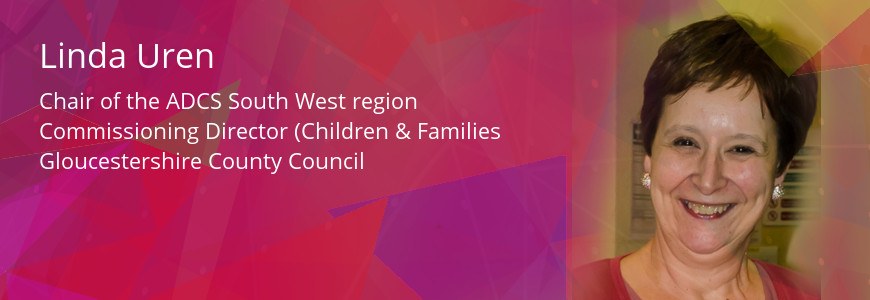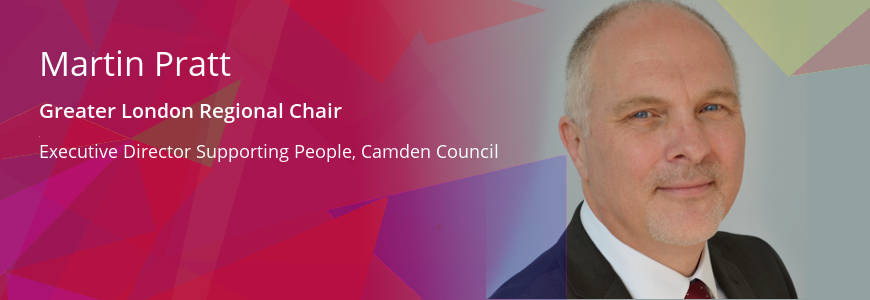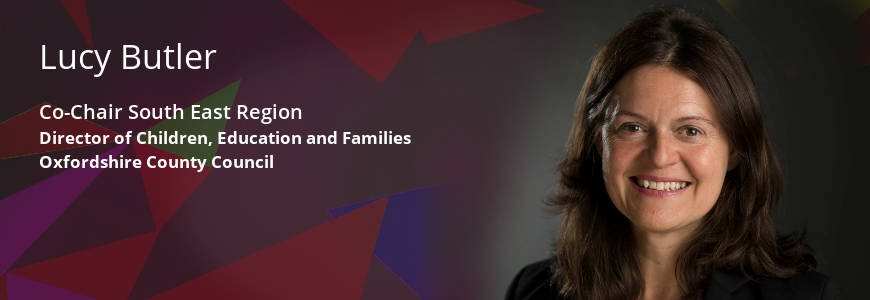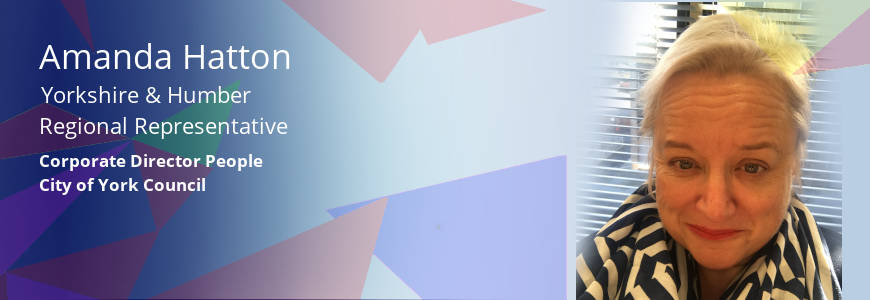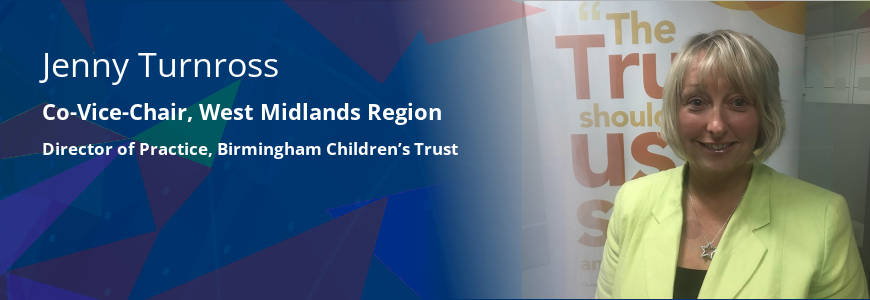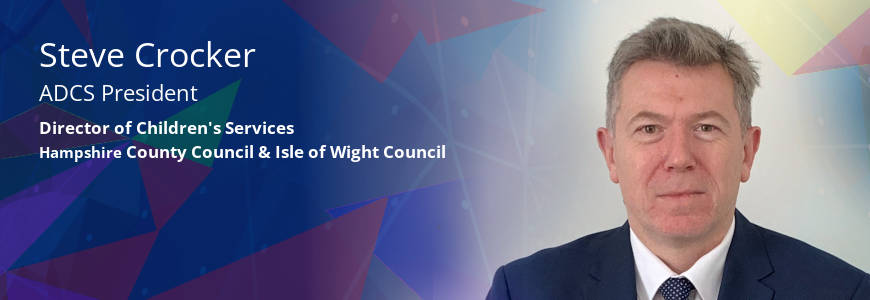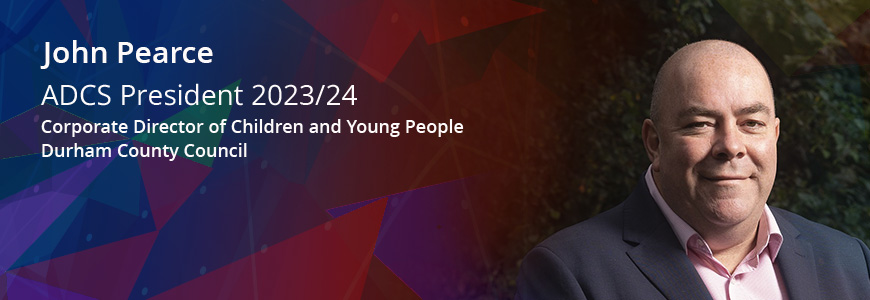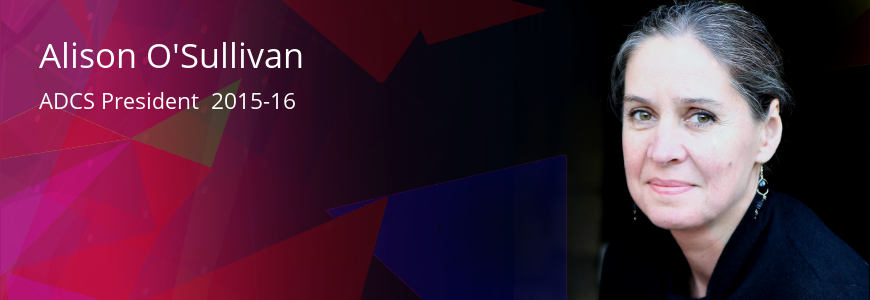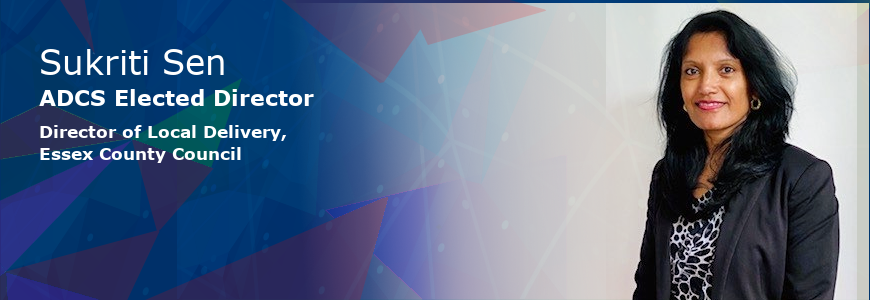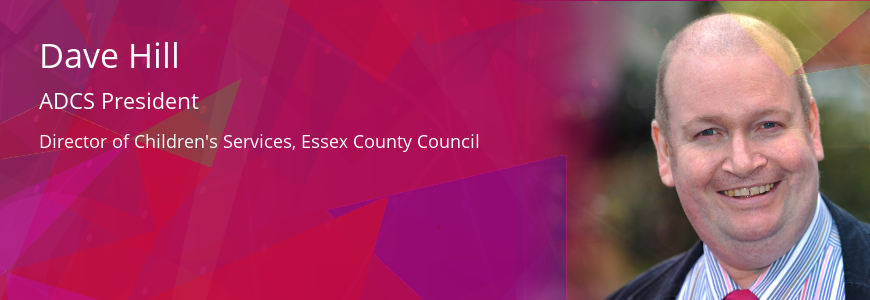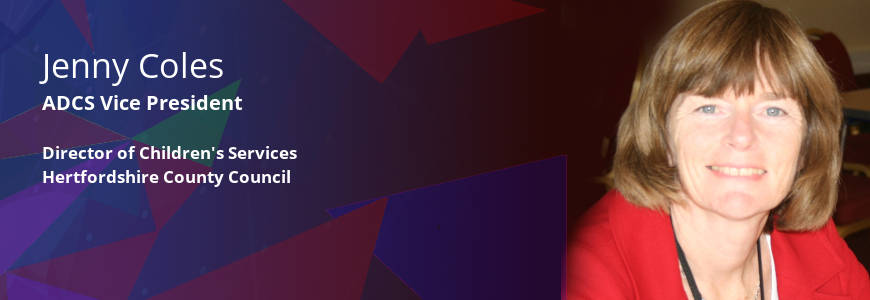Annual conference round up
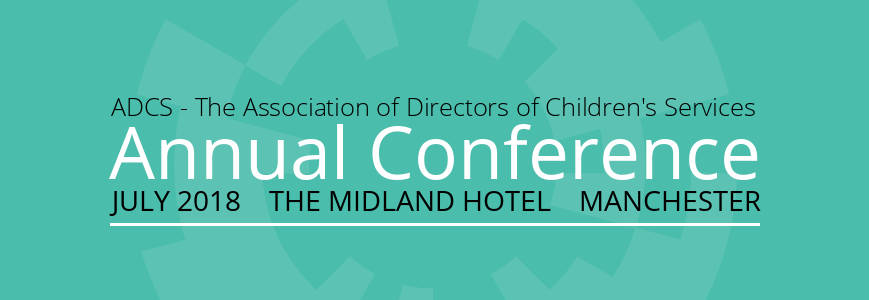
The ADCS Annual Conference 2018 opened on Wednesday 4 July in a very sunny Manchester. As always the first 24 hours or so of the conference offered a private space for directors of children’s services and a select few guests to discuss the pressing issues of the day. The Rt Hon Lord Justice McFarlane, incoming President of the Family Division, shared his early reflections on the family justice system and the rising volume of activity. We also heard from Indra Morris who reflected on improvement, intervention and children’s social care policy as she moves into her second year as Director General, DfE. Later, Regional Improvement Alliances and the Care Crisis Review were all high on the agenda. Delegates also shared local approaches to tackling some of our shared challenges, including David Williams from Glasgow City Council who talked about some of the opportunities arising from the integration of health and social care in the city in terms of improving children’s outcomes.
Thursday morning kicked off bright and early with a session led by Rachel Dickinson, ADCS Vice President, and Rachael Wardell, Chair of the ADCS Workforce Development Policy Committee, on what a workforce for all children might look like. Ensuring that we have a 21st century workforce that meets the needs of all children and young people is an ADCS priority this year and the discussions in this session will help shape a future policy position paper. Next, our very own Debbie Barnes, Chair of the ADCS Educational Achievement Policy Committee, chaired a session on local area-based education partnerships. In this session we heard from Kathryn Boulton, ADCS Elected Director and Deputy Director Children’s Services at Derbyshire County Council, and Christine Gilbert CBE about the development of these partnerships, exploring the key challenges and opportunities which they bring.
In his opening address to conference our President, Stuart Gallimore, spoke about some of the challenges facing children, their families and the education system. His words were met with a huge round of applause when he raised the insufficient levels of funding in children’s services and highlighted rising levels of child poverty and funding for children’s healthcare too. Stuart stressed the need for a joined up approach to meeting children’s health needs locally and nationally as well as addressing their needs earlier. He concluded by praising local authorities who have shown their strength and determination to do the very best for the communities they serve despite a prolonged period of public sector austerity, a 49% real terms reduction in funding since 2010 and significantly increased demand.
The full transcript of Stuart’s speech is available, here.
That afternoon the Association published a new policy position paper which can be read here. The paper is wide-ranging and sets out a vision for an inclusive and high performing education system, stressing the need for clarity in the education system and parity in access for all learners. It makes several recommendations for government, the Department for Education and Ofsted. The policy paper was picked up in Schools Week, where you can read the article here.
Damian Hinds MP then took to the stage. In his speech the Secretary of State highlighted the pressures facing local authorities in relation to SEND and expressed his ambition for an inclusive school system for all children. He also touched on off-rolling, and alternative provision. We also heard from the Children’s Minister, Nadhim Zahawi MP, who spoke passionately about improving outcomes for all children, particularly the most disadvantaged. This was the first time we have had both the Secretary of State and Children’s Minister attend the conference, we hope this will be the first of many opportunities to engage.
There was an inspiring and thought provoking session on honour based violence and forced marriage from Jasvinder Sanghera CBE, founder of Karma Nirvana, a charity that supports people affected by these issues. The room went silent as delegates were presented with some staggering statistics about the age, gender and circumstances of victims and survivors. Jasvinder urged delegates to use a national helpline run by her charity on forced marriage which offers advice and support for victims of honour based violence and for the professionals working with them. The helpline number can be found on the Karma Nirvana website.
The day ended with four workshops on a workforce that works for all children, inclusive education, commissioning of placements for children in care and responding to parental conflict.
Friday morning started with another round of workshops on supporting care leavers, complex safeguarding and inspection. In plenary sessions later that morning we heard from Yvette Stanley and Lisa Pascoe from Ofsted and Matt Dunkley, Chair of the ADCS Resources and Sustainability Policy Committee, chaired a session on children’s services funding where we heard from representatives from the LGA, Newton Europe and the DfE.
In the final session of the conference, Amy and Shelly from Show Me That I Matter, the City of York’s children in care council spoke about their Aspire to More campaign, which challenges stereotypes, stigma and statistics around being in care, and explored what a country for all children should look like. Their personal experiences and message of hope about children in care bursting with potential ended the event on a high.
As always there was lots of Twitter activity over the last three days. Search #adcsconf18 or see @ADCStweets for a summary of events.
We will post speeches and presentations from the event on the ADCS website when available. We hope to see you at the same time, in the same place for next year’s annual conference.
Some of the resources, reports, tools and programmes referenced in the workshops can be found, below:
- The ‘Trapped’ campaign in Greater Manchester aims to raise awareness of complex safeguarding, including county lines which can be found here
- A collation of local responses to increases in violent youth crime across Greater London can be found here with a link to the full report at the bottom of the page
- ‘Achieving Change Together,’ The Wigan and Rochdale innovation programme which works with Children and Young People at risk of CSE can be found here
- More information on the Lincolnshire Ladder of Behavioural Intervention for permanent exclusions can be accessed here.
Related Blog Articles
Last week the Association held its annual conference in Manchester. This event...
In General
It looks like it’s going to be a busy period for the ADCS Standards,...
In General
The start of a new year is always a good time for reflection on what changes we...
In Leadership
I have been wondering about whether the ADCS blog could become like one of those...
In General
On 22 May I joined many other people in watching a Panorama programme exposing...
In General
For many of us it will have been some time since we heard those words in an...
In Leadership
I am sure that the West Midlands is no different to any other region, in that...
In Workforce
Well, that was the year that was, to paraphrase a famous satirical TV programme....
In General
In 2017 ADCS published the policy position paper, A country that works for all...
In General
Having had the privilege of reading many insightful blogs from influential...
In Workforce
“When ye proffer the pigge, open the poke”, circa 1858. Meat was a little...
In Education
A few weeks ago in Hertfordshire, we were really pleased to be one of the areas...
In Early Help & Families
I read an Ofsted report in the spring which praised a secondary school for its...

